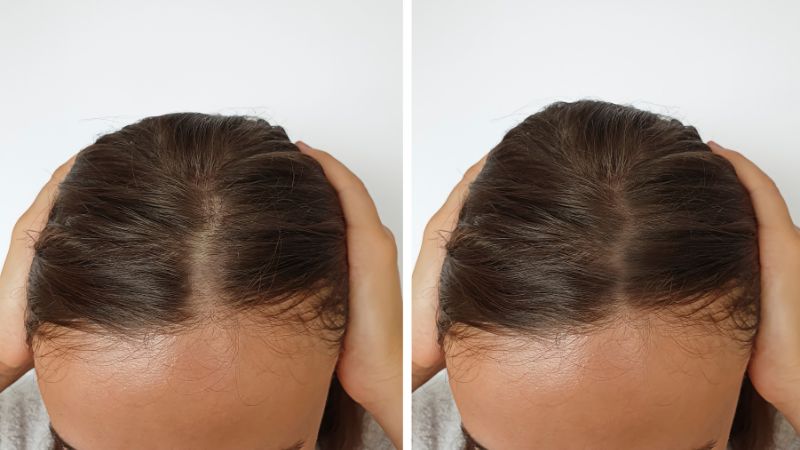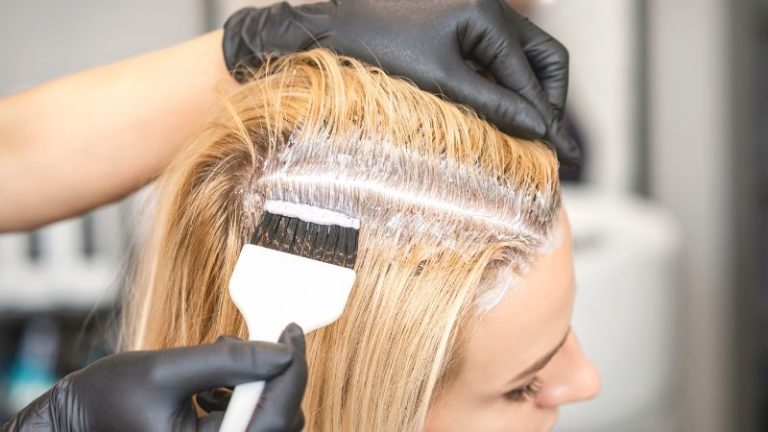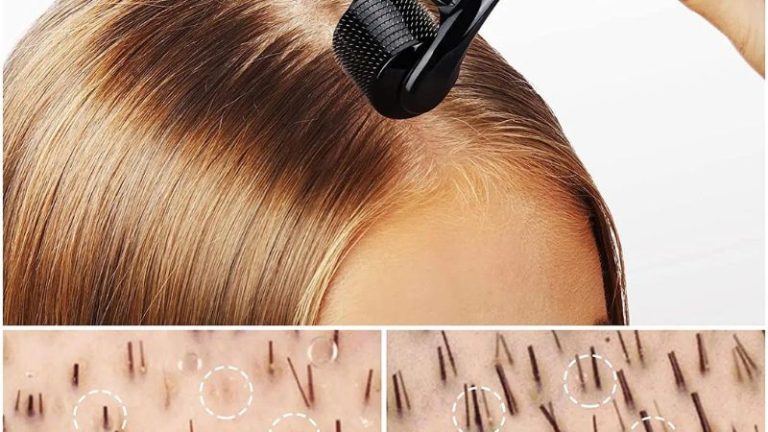Can Sibo Cause Hair Loss? – Is it treatable or Not?
Since Sibo affects the small intestine, it can cause hair loss. How? Well, the small intestine is responsible for extracting vital nutrients and vitamins for the body. Which is why most people afflicted with Sibo also develop a vitamin deficiency.
Thankfully, due to the advancements in the field of medicine, Sibo is easily treatable and so is the hair loss the condition causes.
Still want to know more about how can Sibo cause hair loss? And if that hair loss is reversible?
Make sure to stay tuned, as this article will provide you with all the necessary information you need to combat the condition. So, without any further ado, let’s get straight into it.
Can Sibo Cause Hair Loss?
We previously touched on how Sibo can cause people to develop a vitamin deficiency. This is natural as the increasing amount of bacteria growing in your small intestine can interfere with your body’s ability to absorb nutrients and vitamins. What we didn’t tell you is that this vitamin deficiency can directly cause hair loss.

The human brain is smart and when faced with a decision on how and where to direct the limited amount of nutrients and vitamins at its disposal, the brain chooses to prioritize sections of your body that keep you alive. Instead of its more aesthetically appealing features like your hair or skin.
Thus, your brain starts neglecting to send your hair the proper amount of nutrients it needs to sustain itself when afflicted with Sibo. Which can directly cause hair loss.
Does Hair Grow Back After Sibo?
Fortunately, there is a way to ensure that the hair loss caused by Sibo is temporary. And that’s by treating the underlying condition directly.
Once you get rid of the bacteria in your small intestine, it should start absorbing more nutrients and consequently supplying more of them to your hair follicles.
Unfortunately, there are some cases in which this hair loss could be permanent. For example, if you suffer from alopecia or male pattern baldness already then some of the balding and thinning of your hair that Sibo has caused may be irreversible.
Of course you could try increasing the blood flow to your scalp through massages or other techniques which should provide your scalp with the strength it needs to grow your hair back.
To add to that, whether the hair loss is reversible also depends on how long you’ve let this condition linger. If your Sibo has gone untreated for years, it may be difficult for your body to fully reverse the hair loss associated with the condition.
Primarily because your hair follicles may have taken permanent damage from the continuous lack of nutrients. Which is why it is increasingly important that you get yourself checked out as soon as the initial symptoms of the condition start to appear.

How to Treat Hair Loss Caused by Sibo?
Thankfully for you, we’ve come up with a foolproof plan you can use to reverse the hair loss caused by Sibo.
Just follow the steps we’ve mentioned down below and you should start to see your hair returning to their former glory.
Treat Sibo Directly
We’ve already mentioned that treating Sibo directly is your best bet to provide your hair with the nutrients it needs to get back to the growth stage.
The best way to do that is to start antibiotics. The antibiotics should kill any bacteria in your small intestine and stop them from absorbing any nutrients needed by your body.
Supplement Your Diet with Probiotics
Now, going on an antibiotic therapy might end up killing the few good bacteria that protect your gut. These good bacteria mostly reside inside the large intestine and actually enhance your body’s ability to absorb nutrients and promote digestion.
The best way to protect these good bacteria while also cleansing your small intestine of bad bacteria is to consume probiotics along with the antibiotics you’re already consuming.
Now, the choice of how to consume more probiotics is purely yours. There are two ways you could go about that: Consume more probiotic rich foods, or start taking probiotic supplements.
We actually recommend the first option as it allows you to naturally include them in your diet as opposed to through supplements that might contain some other harmful ingredients.
Fermented foods like yogurt, kefir and sauerkraut are the best sources of probiotics. Alternatively, you could also consume pickled vegetables, kimchi, tempeh and miso to your diet to provide you with the probiotics you need.
Obviously you can go the supplement route as well. Just make sure that you diligently study the ingredients of the supplement you choose before consuming it.
Stock up on Nutrients
Consuming extra nutrients is always good, and in this case they’ll help your body cope with its nutrient shortage much more easily. On top of that, they can also do wonders for your skin. Once again, the best way to consume more nutrients is to add them to your diet.
Now, we can’t actually recommend a list of foods that are rich in nutrients as nutrients exist in every food and the best way to consume as many of them as you can is by varying your diet to include as many different foods as you can.
You have to ensure that you consume both red meat and green vegetables as well as white meats like chicken and fish.
Lastly, keep in mind that stocking up on nutrients without first treating Sibo with antibiotics won’t allow your hair to grow back, as the bacteria in your small intestine will still exist to absorb your body’s nutrients.
Conclusion
There you have it folks, that was our detailed answer to the question: Can Sibo cause hair loss. We hope our explanation of why and how Sibo causes hair loss was easy enough to understand and that you also understand how to go about treating your hair loss in the hopes of reversing.
Now, if you need some expert guidance on the kind of treatment you need to recover the hair you lost, we’d recommend booking an appointment with Holisticare’s excellent dermatology department and you should be able to acquire all the information you need from qualified experts.
Lastly, make sure you keep an eye on Sibo’s symptoms and don’t let the condition linger for too long as that could result in permanent hair loss.





